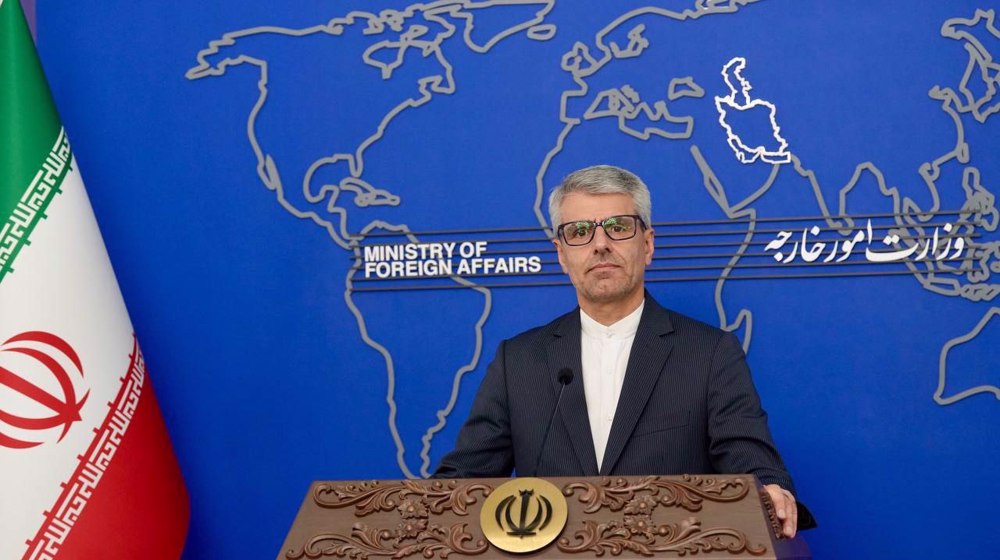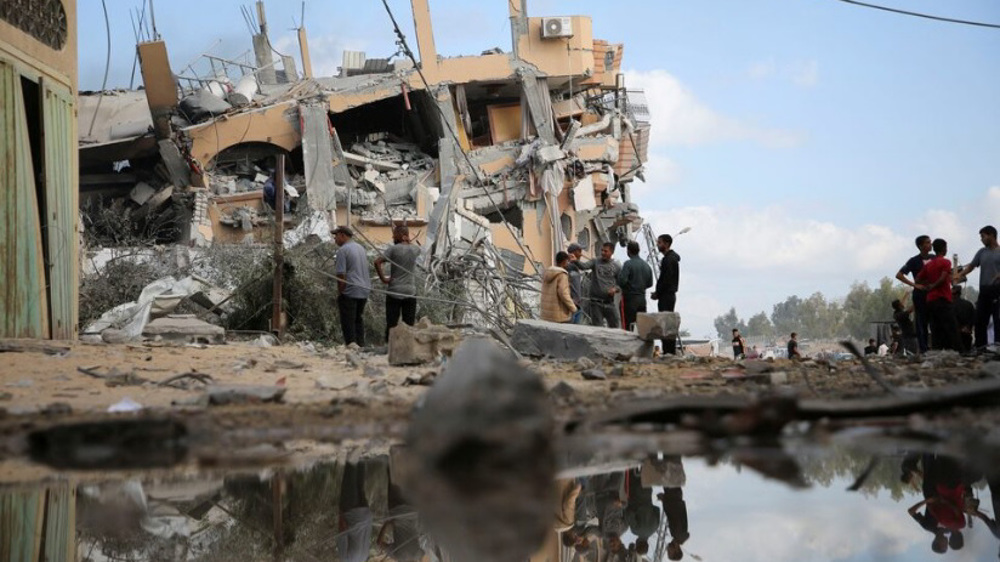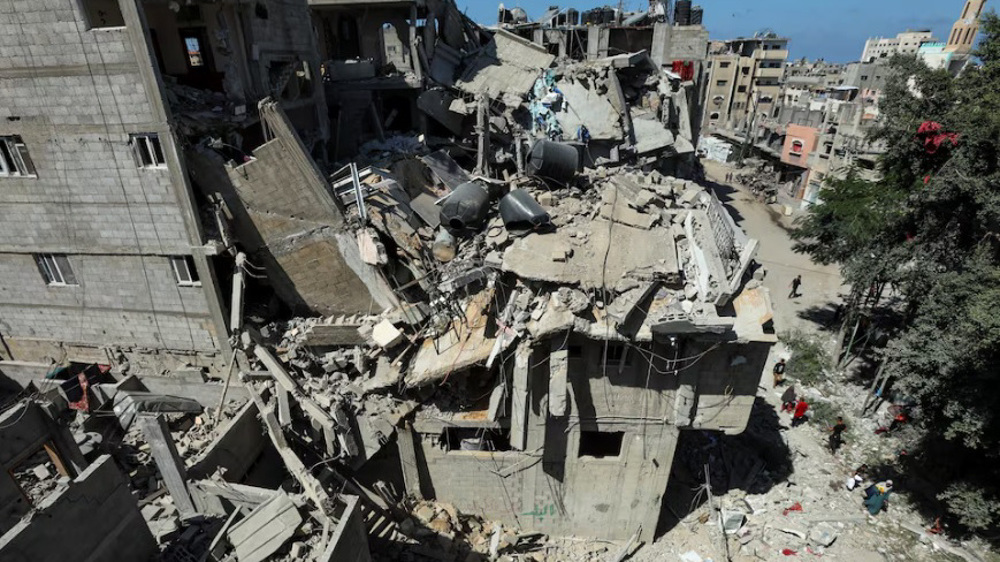Americas need $8.5 million to fight Zika
A regional health organization says it needs millions of dollars to prevent the mosquito-borne Zika virus from spreading across the Americas.
Carissa Etienne, director of the Pan American Health Organization (PAHO), said on Wednesday that the health body needed an estimated $8.5 million to help member states respond to the virus which is rapidly spreading through the region.
"We are mobilizing resources and estimate that we'll need $8.5 million to adequately help our members respond to this," Etienne told reporters on the sidelines of a meeting of regional health ministers in Uruguay.
Elsewhere in her remarks, Etienne said fumigation had limited effectiveness as a means to wipe out mosquito populations. Fumigation is a method of pest control that completely fills an area with gaseous pesticides to suffocate or poison the pests within.
PAHO, which was founded in December 1902, serves as an international public health agency working to improve health and living standards of the people of the Americas.
Back on Monday, the World Health Organization (WHO) declared a global emergency over the explosive spread of the virus following recommendations from UN experts and criticism over the lack of response to the virus.
WHO has warned that the virus is "spreading explosively" in South and North America and could infect as much as 4 million people in the Americas this year.
Cases of Zika virus have so far been reported in more than 30 countries.
The Zika virus is suspected to cause serious birth defects. It is linked to microcephaly, a condition in which babies born to women infected during pregnancy have abnormally small heads and undeveloped brains.
Zika virus was first isolated from a monkey in Zika Forest, Uganda, in 1947.
Brazil has been the country hardest hit by the outbreak. In Brazil, three people were reported dead due to the Zika virus in November 2015.
Media reports say several people in the United States have also been diagnosed with the virus over the past few days.
There is currently no specific treatment for the virus and no way to prevent it other than avoiding mosquito bites.
The affected countries are reportedly doing their best to eliminate the breeding grounds for Aedes aegypti mosquitoes, which bite all day long.
Latest ballots polls show Harris, Trump tied as voting continues
UNRWA warns of humanitarian collapse in Gaza
'Hello my enemies': Lebanese journalist on Israeli threats and his resolve to continue
Outrage in France as MP proposes bill to ban criticism of Israel
VIDEO | The strategy of Hezbollah in war
Israeli military withdraws several brigades from southern Lebanon: Report
48-year-old Palestinian man serving 48 life terms completes 22 years in Israeli jails
From MKO to Tondar, how Germany became safe haven for anti-Iran terror groups















 This makes it easy to access the Press TV website
This makes it easy to access the Press TV website